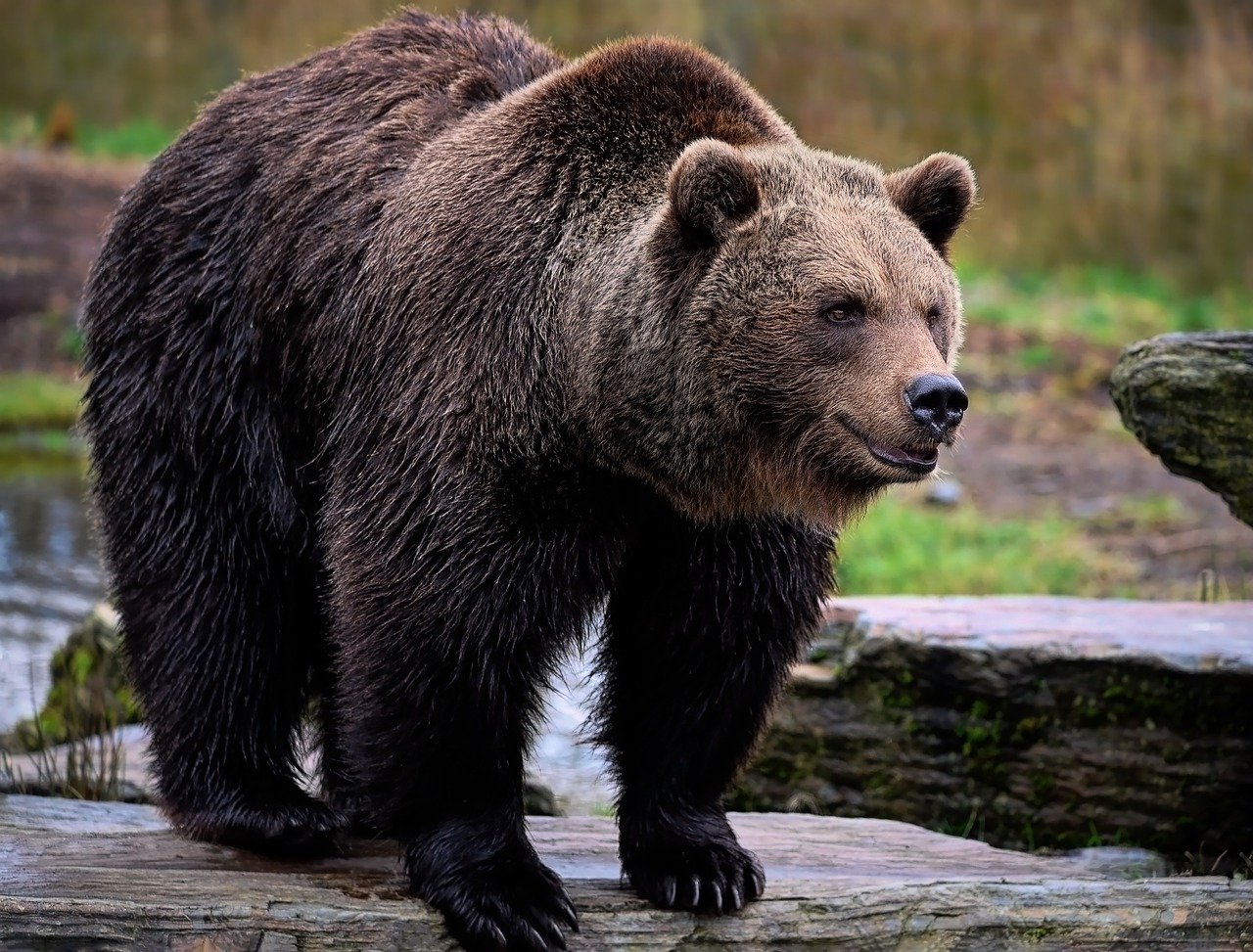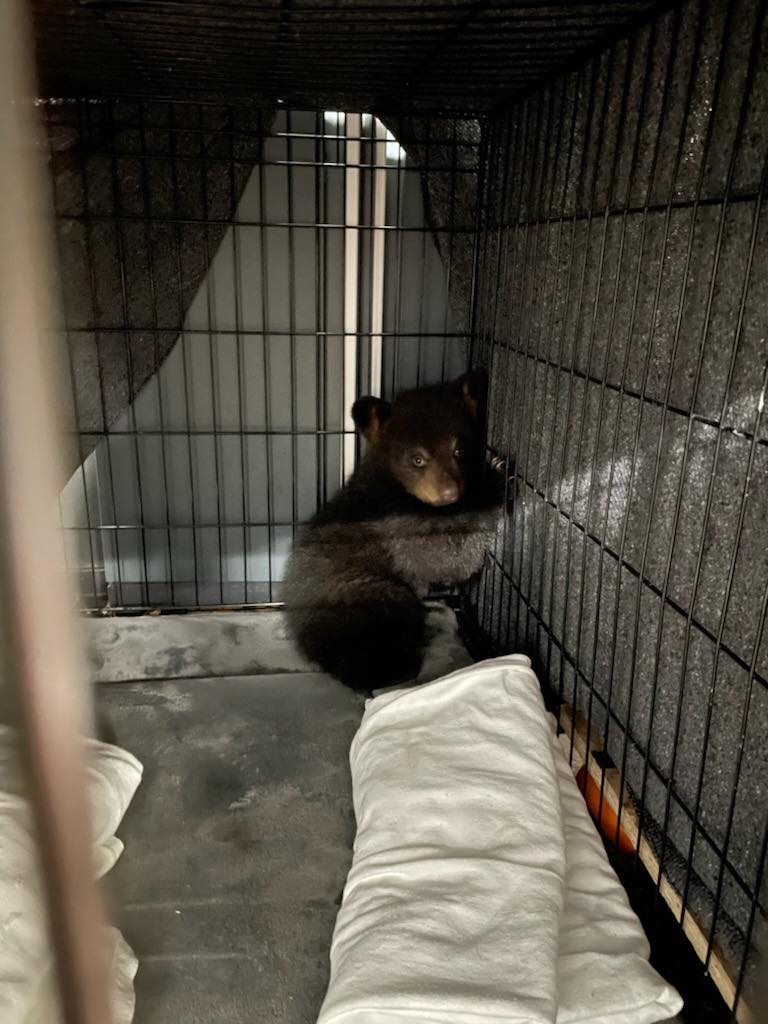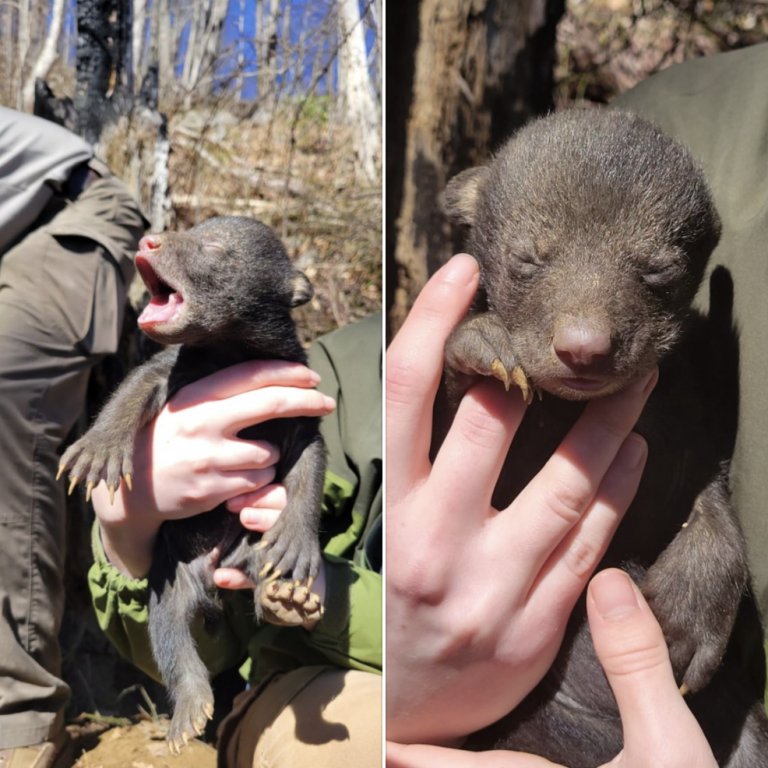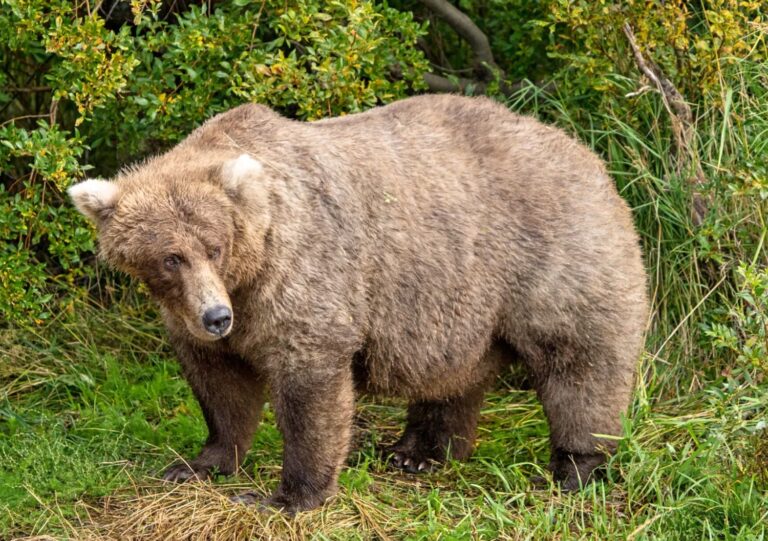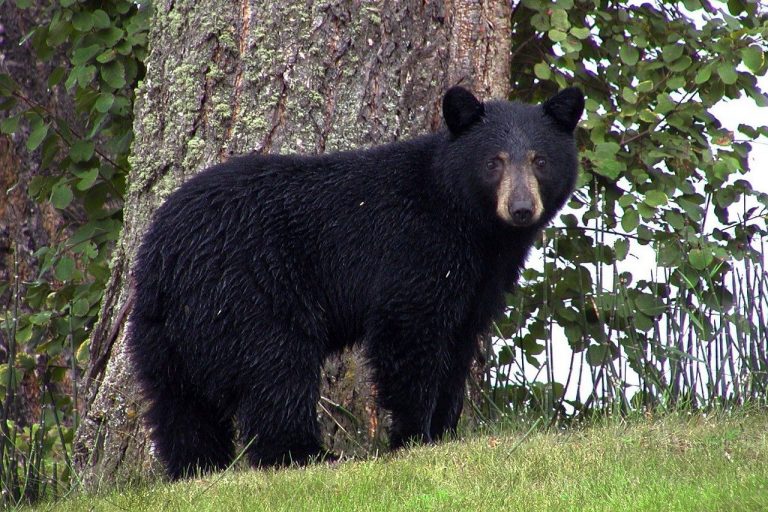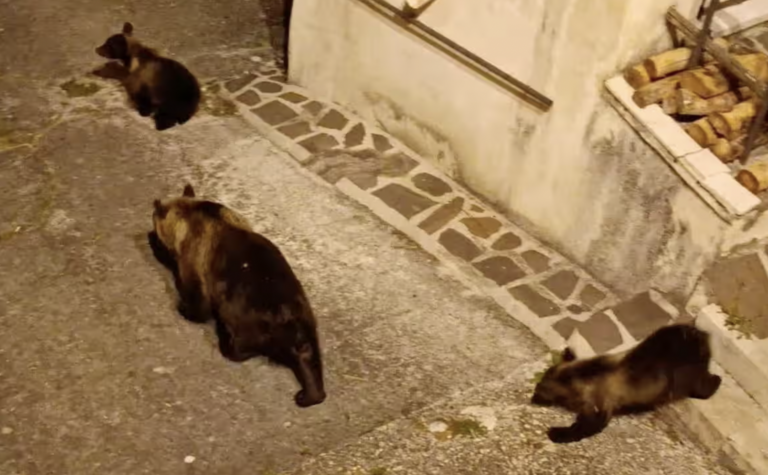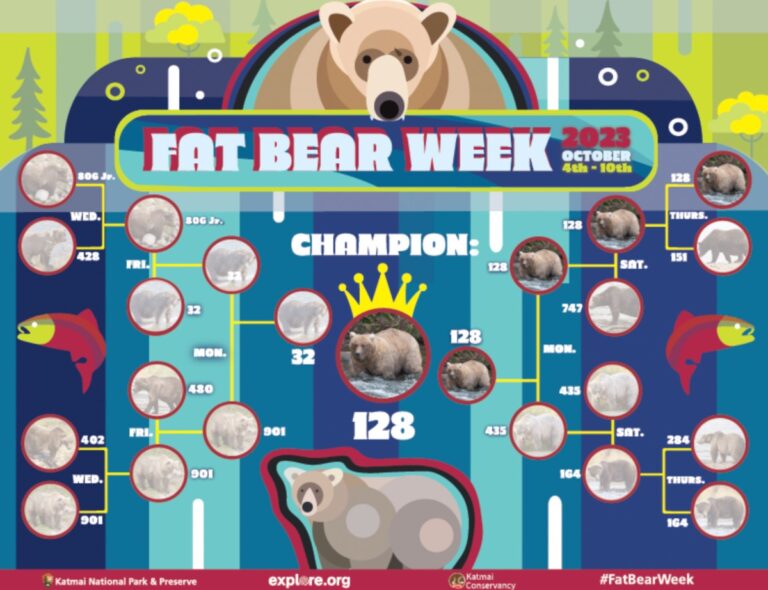Two People Killed by a Grizzly Bear in Canada’s Park
On Saturday morning, two people killed by a grizzly bear were discovered at Banff National Park in Canada. Before they were discovered the park officials received an alarm from a satellite device on Friday night around 8 PM. This alert was to warn them that a bear was displaying “aggressive behavior.”
Due to the bad weather, the team could not take a helicopter to the remote location and had to hike instead. They arrived at 1 am on Saturday at the GPS location west of Ya Ha Tinda Ranch in the Red Deer River Valley. At the location, they found the two diseased people and the bear. They decided to euthanize the bear on the spot for public safety. By 5 am the police arrived and helped transfer the two people killed by a grizzly bear to Sundre, Canada.
While the victims’ names have not been released yet, a friend of the victims family stated that their dog was with them as well. No mention of a dog was in the report but she states that he was killed in the grizzly attack as well. The wildlife conflict specialist also stated that the couple was hiking in a very remote area of the park.
Grizzly Bear Attacks
There are an estimated 691 grizzly bears in Alberta Canada, only 65 of which reside in Banff National Park. These bears that live in Alberta are listed as threatened on the endangered list. Bear attacks in the area are rare and when they do occur it’s due to the bear being surprised or protecting its young. Bear attacks that kill more than one person are even more rare.
In 2018, a starving grizzly bear attacked and killed a woman and her baby in Yukon, Canada. Last year another bear killed a mother and her one-year-old son in Wales, Alaska. In June of 2023, a 66-year-old man was attacked and killed by a grizzly in Groom Creek, Arizona.
Grizzly bears in Canada are omnivorous and solitary animals that can live up to 30 years in the wild. When hiking in areas where they are present, it is important to travel in a group, make a lot of noise, and carry bear spray. While we want to see grizzly bears as fat, chunky, salmon-eating animals, like they are presented for Fat Bear Week, they are also wild animals. If they feel threatened, they will attack.

